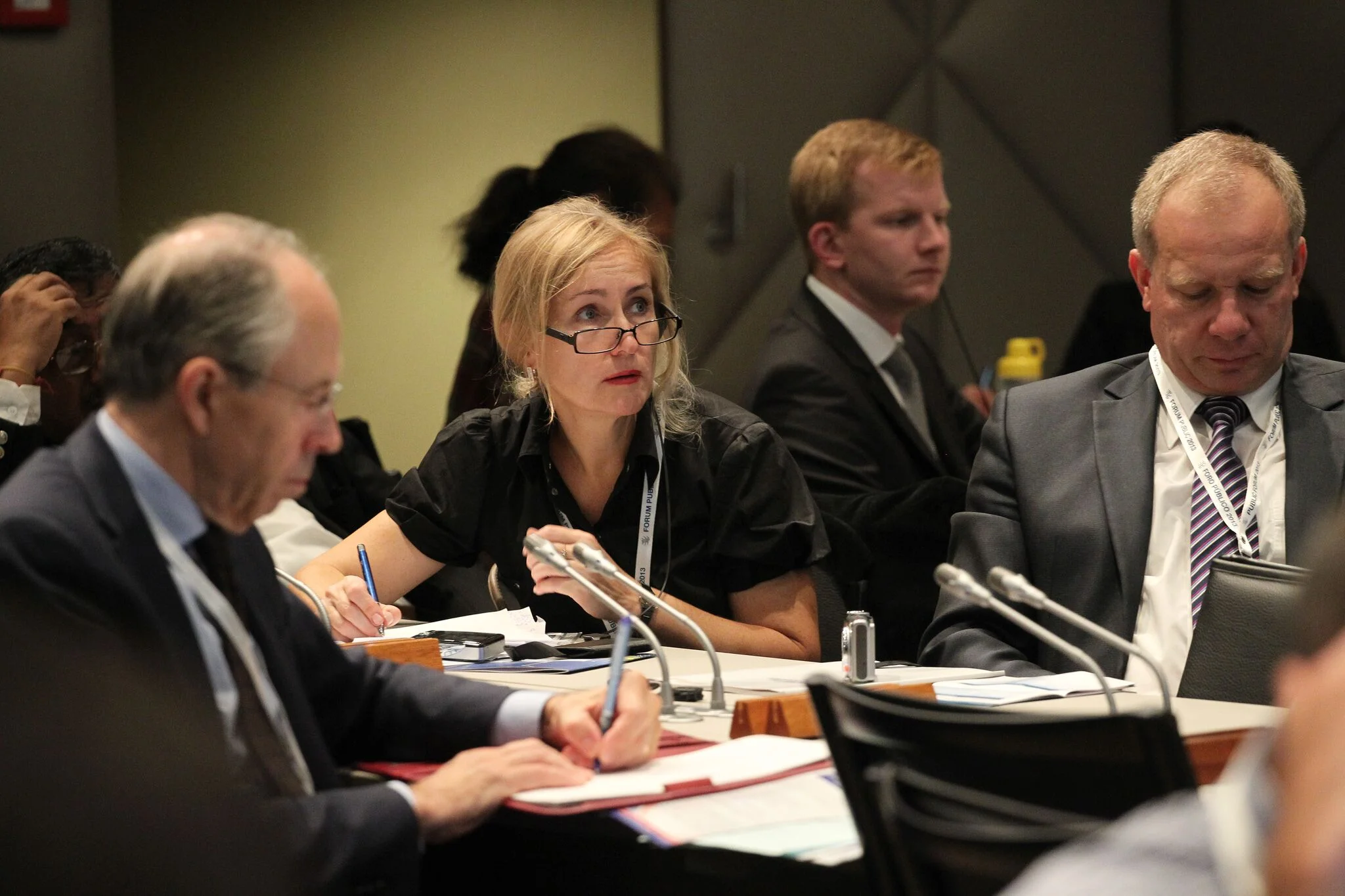The EU (Withdrawal) Bill returns to the House of Commons next week where voting will take place on some crucial amendments from the Lords. And possibly the most crucial of these is Viscount Hailsham’s amendment on a meaningful vote.
If this amendment is successful there will be a legal framework for the parliamentary process of approving the Withdrawal Agreement (WA). But MORE importantly it would also grant Parliament the power to issue a legally binding direction to the Government on the negotiations if either the WA is rejected or there is no agreement before exit day.
This becomes a game changer because of the cut-off clauses in the second part of the amendment. The first part legislates for parliamentary approval of the WA and expands restrictions on how the WA is implemented. It also seeks to prevent the Government using any delegated powers to implement the WA until a bill has been enacted to give effect to WA. The second part (subsections 4 - 8) seek to regulate Parliament’s role if: Parliament fails to approve the WA before the 30th November 2018; OR, if Parliament hasn't passed the bill needed to implement the WA by the 31st January 2019; OR, if no agreement has been reached between the UK and the EU by the 28th February 2019.
This is the amendment the government is now most afraid of, and one being prioritised by Labour. Most pundits now accept that the June summit will not amount to much . This is highly significant as it pushes everything into the final October EU Council meeting and even possibly to December. And this is why Viscount Hailsham’s amendment is so crucial; if passed, the Government has only until the end of November to get agreement on the agreement and also has to have gone through parliamentary ratification (meaningful vote). This amendment also stipulates Royal Assent of the supporting domestic legislation (Withdrawal Agreement and Implementation Bill) by January 31st 2019.
The referendum was two years ago this month. Some pundits claim there has been little done since then. The reality is that stuff has been done - if you look at the draft withdrawal agreement with the EU nearly 70% has been drafted and accepted. The problem is that the 30% left is a highly charged issue indeed with the Northern Irish border, one of the greatest challenges to the Brexit negotiations.
It is still hoped that progress can be made by the June EU Council meeting especially on Northern Ireland but Barniers recent speech demonstrated how little progress has been made and the implications for that lack of progress:
“Because without an agreement on governance, and without an agreement on Ireland and Northern Ireland, there will be no Withdrawal Agreement, and therefore no transition period.”
Northern Ireland and Customs solution are interwoven issues. A ‘hard border’ has been explicitly rejected by all sides but as yet no option has been found because no customs option can deliver an invisible border without solving the regulatory issues. These are high political stakes. What then of the DUP confidence and supply arrangement with the Government? How long with this hold, especially with the added difficulties on whether Northern Ireland’s abortion ban breaches the UK’s global human rights obligation and all the attendant difficulties that will bring the DUP.
There are significant political risks for both main parties in how they vote, and respond to, Brexit legislation over the coming months. Are there enough Tory rebels willing to stand up and be counted on a small number of key issues - and will Labour vote with them or are the Labour frontbench scared of electoral consequences of doing so? Can the Tories continue as a minority government if DUP support is withdrawn? How long can May last - and who will she be replaced by?
The only thing that continues to be certain is the uncertainty - and its the political swirl rather than the policy commitments that will determine the shape of Brexit for us between now and March 29th 2019.


